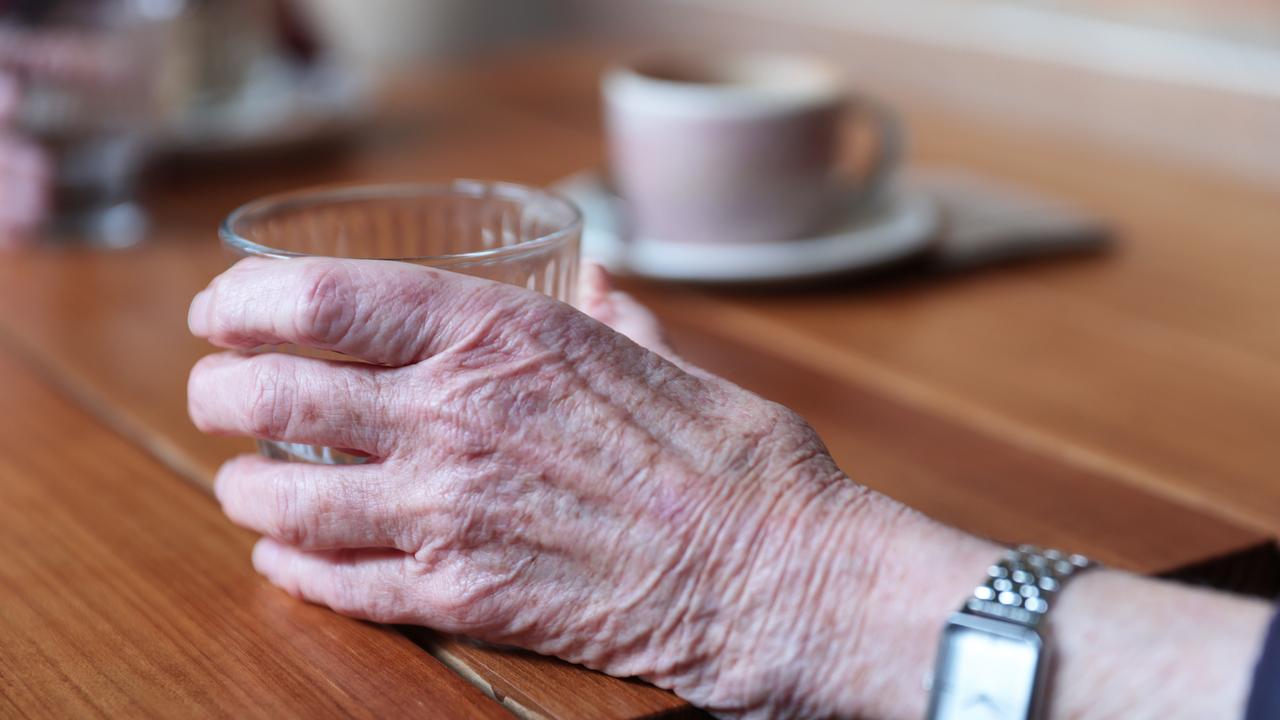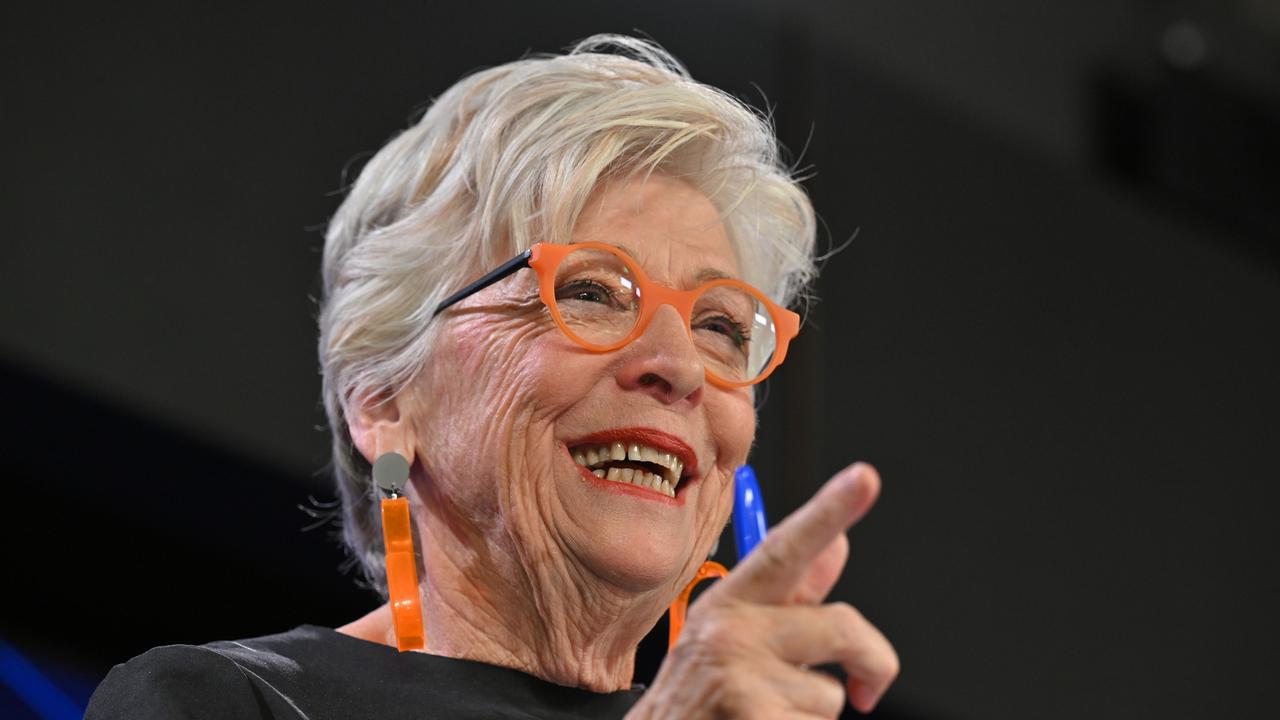
Delicious food can nourish older Australians' zest for life, but meals in aged care are often an afterthought, a culinary doyenne says.
Aged care homes spend an average of $15 a day on meals for each resident, and while this might not sound like a lot, chef and advocate Maggie Beer says it is possible to operate on that budget and improve standards with a little ambition.
"What was missing was not only a joy in food, but the real belief in most places that beautiful food will make such a difference to the wellbeing of residents," she told the National Press Club on Wednesday.
"Food is not a pill to be swallowed or a care task to be ticked off, or a prescription to be filled.
"Whilst food is about nutrition, it's so much more than that, because food creates an appetite for life."

More than four years after the aged care royal commission delivered staggering findings, the 2010 Senior Australian of the Year says there is still more work to be done, particularly on its urgent recommendations to improve food standards.
Cooks and chefs in aged care often work without support, prompting Ms Beer to call for accredited training that equips them with the specific skills needed to serve older Australians from a variety of backgrounds and those that live with disability.
Ms Beer's foundation already runs a program that links aged care kitchen teams with a qualified chef to guide them on ways they can serve flavourful, nutritious food.
Schemes like this can spotlight an alternative path for passionate chefs, Ms Beer said.
"If you give people pride and knowledge and a path, you will get people in," she said.

As more older Australians choose to live at home for longer, Ms Beer also hopes to inspire them to take pride in their own food and cooking.
Many who find themselves living alone can lose motivation to cook, and others don't know that nutrition needs evolve as they age.
For them, Ms Beer's foundation is hoping to provide ideas and recipes.
"Eating well is aging well and gives us the joy that will give us the strength, the muscle mass, to be involved in exercise, to continue doing as much as we can to retain independence," she said.







